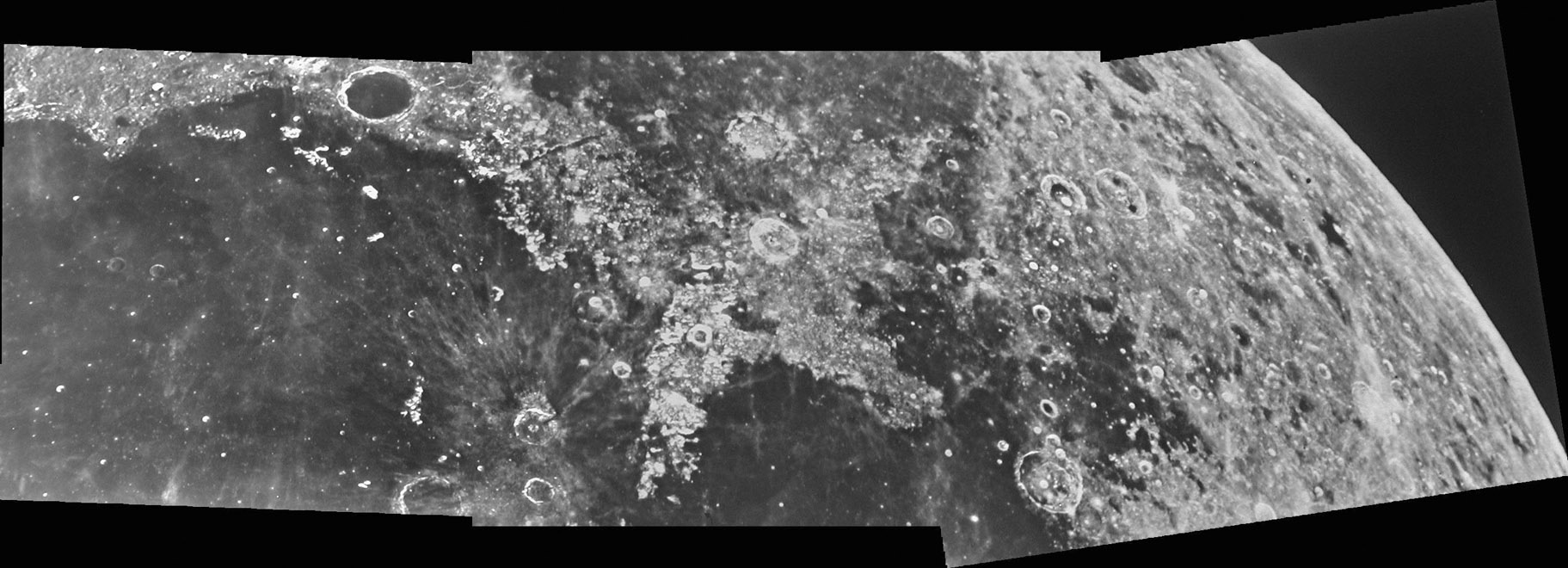Difference between revisions of "November 21, 2011"
| Line 3: | Line 3: | ||
<!-- ws:start:WikiTextHeadingRule:0:<h1> --> | <!-- ws:start:WikiTextHeadingRule:0:<h1> --> | ||
<!-- ws:start:WikiTextLocalImageRule:6:<img src="/file/view/LPOD-Nov21-11.jpg/277468062/LPOD-Nov21-11.jpg" alt="" title="" /> -->[[File:LPOD-Nov21-11.jpg|LPOD-Nov21-11.jpg]]<!-- ws:end:WikiTextLocalImageRule:6 --><br /> | <!-- ws:start:WikiTextLocalImageRule:6:<img src="/file/view/LPOD-Nov21-11.jpg/277468062/LPOD-Nov21-11.jpg" alt="" title="" /> -->[[File:LPOD-Nov21-11.jpg|LPOD-Nov21-11.jpg]]<!-- ws:end:WikiTextLocalImageRule:6 --><br /> | ||
| − | <em>65% enlargement mosaic by [mailto://mauricejscollins@hotmail.com// | + | <em>65% enlargement mosaic by [mailto://mauricejscollins@hotmail.com// Maurice Collins], New Zealand</em><br /> |
<br /> | <br /> | ||
Do you recognize this mosaic? Probably not because it never existed before yesterday. Recently, I have been lamenting to Maurice<br /> | Do you recognize this mosaic? Probably not because it never existed before yesterday. Recently, I have been lamenting to Maurice<br /> | ||
| Line 11: | Line 11: | ||
the brightness and darkness of the surface. The <em>Consolidated Lunar Atlas</em>, like Kuiper's previous <em>Atlas of the Moon</em> does show every<br /> | the brightness and darkness of the surface. The <em>Consolidated Lunar Atlas</em>, like Kuiper's previous <em>Atlas of the Moon</em> does show every<br /> | ||
part of the near side in multiple illuminations, but they are individual sheets and often what I am interested traverses two or more sheets. <br /> | part of the near side in multiple illuminations, but they are individual sheets and often what I am interested traverses two or more sheets. <br /> | ||
| − | So Maurice used [http://research.microsoft.com/en-us/um/redmond/groups/ivm/ice/ | + | So Maurice used [http://research.microsoft.com/en-us/um/redmond/groups/ivm/ice/ ICE] to stitch together 12 mosaics (which, sadly, don't cover the entire Moon). The sample here shows the wonderful<br /> |
contrast and relatively high resolution. Three craters are visible on the floor of Plato, as is the dark band up the wall of Aristillus, and <br /> | contrast and relatively high resolution. Three craters are visible on the floor of Plato, as is the dark band up the wall of Aristillus, and <br /> | ||
| − | what causes the dark blotches along the rim of Aristoteles? There are dozens of full Moon [http://www.lpod.org/coppermine/thumbnails.php?album=search&type=full&search=full | + | what causes the dark blotches along the rim of Aristoteles? There are dozens of full Moon [http://www.lpod.org/coppermine/thumbnails.php?album=search&type=full&search=full images] in the LPOD Photo Gallery, but <br /> |
| − | very few have the needed resolution. Among the best are the huge [http://objectstyle.org/astronominsk/ | + | very few have the needed resolution. Among the best are the huge [http://objectstyle.org/astronominsk/ mosaics] of the Minsk Miracle Imagers.<br /> |
<br /> | <br /> | ||
| − | <em>[mailto:tychocrater@yahoo.com | + | <em>[mailto:tychocrater@yahoo.com Chuck Wood]</em><br /> |
<br /> | <br /> | ||
<strong>Related Links</strong><br /> | <strong>Related Links</strong><br /> | ||
| − | The CLA high Sun images are from the LPI digitized [http://www.lpi.usra.edu/resources/cla/maps/thumbs/ | + | The CLA high Sun images are from the LPI digitized [http://www.lpi.usra.edu/resources/cla/maps/thumbs/ version] of the atlas.<br /> |
<br /> | <br /> | ||
<hr /> | <hr /> | ||
Revision as of 17:42, 11 January 2015
Albedo Atlas Needed

65% enlargement mosaic by Maurice Collins, New Zealand
Do you recognize this mosaic? Probably not because it never existed before yesterday. Recently, I have been lamenting to Maurice
that I need a high resolution mosaic or atlas of the lunar surface under full Moon lighting. A number of times over the last week or so
I wanted to check an LPOD image under high Sun - for example, does Sirsalis have rays? Is Cassini's Bright Spot in an image? Full
Moon imaging still lags behind low Sun imaging probably because it is not as dramatic. But the images are the only way to investigate
the brightness and darkness of the surface. The Consolidated Lunar Atlas, like Kuiper's previous Atlas of the Moon does show every
part of the near side in multiple illuminations, but they are individual sheets and often what I am interested traverses two or more sheets.
So Maurice used ICE to stitch together 12 mosaics (which, sadly, don't cover the entire Moon). The sample here shows the wonderful
contrast and relatively high resolution. Three craters are visible on the floor of Plato, as is the dark band up the wall of Aristillus, and
what causes the dark blotches along the rim of Aristoteles? There are dozens of full Moon images in the LPOD Photo Gallery, but
very few have the needed resolution. Among the best are the huge mosaics of the Minsk Miracle Imagers.
Chuck Wood
Related Links
The CLA high Sun images are from the LPI digitized version of the atlas.



